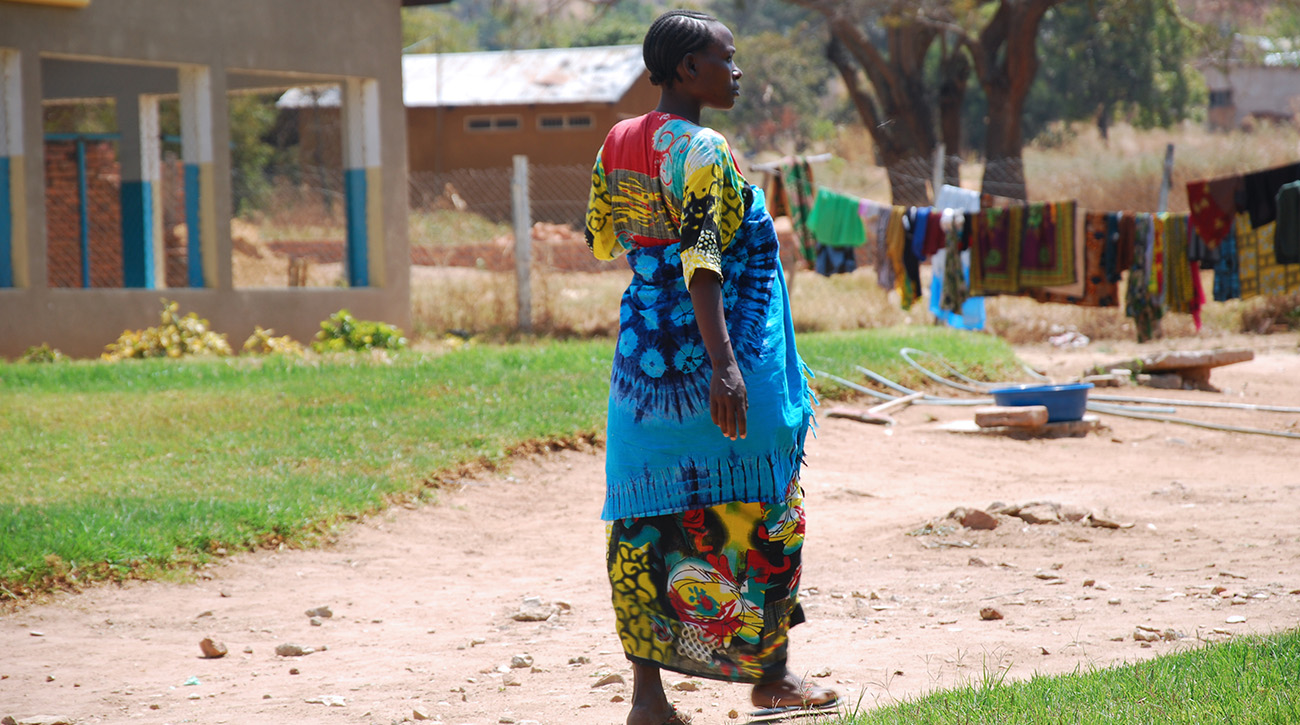Teenage girls in Ghana are more likely to become pregnant and experience childbirth if they receive basic financial support from their partner and/or cohabitation, so says a new study by Jeffrey “Bart” Bingenheimer, PhD, an Associate Professor of Prevention and Health at Milken Institute School of Public Health (Milken Institute SPH) at the George Washington University. This study, which was published in the journal International Perspectives on Sexual and Reproductive Health, suggests that pregnancy and childbirth represent one pathway to adulthood in places like Ghana where jobs and access to secondary education are scarce.
Bingenheimer and his colleague collected data on more than 350 romantic and sexual relationships among nearly 300 teenage girls living in two towns in Southeastern Ghana. They found adolescent fertility—pregnancy or childbirth--occurred in 17 percent of the relationships. Factors strongly associated with pregnancy and childbirth included not just cohabitation and financial support but also having an older partner, the study suggests.
In Ghana, men are generally expected to provide for their partners and children, and often hold authority over the household, Bingenheimer explains. Many of the young women in the study have poor prospects for continuing in school or establishing themselves in stable, well-paid employment. Under these circumstances, pregnancy and childbirth represent a reasonable alternative pathway to becoming an adult in this society, he says.
However, childbirth and pregnancy can lead to poor health outcomes for teenage girls and can have long-term consequences for the children as well. This study suggests that greater opportunity for education and paid employment in Ghana would go a long way toward reducing teenage pregnancies—and improving the public health.
The study, “The Relationship Context of Adolescent Fertility in Southeastern Ghana,” was authored by Bingenheimer and Kirsten Stoebenau, a research assistant professor of sociology at the American University.


